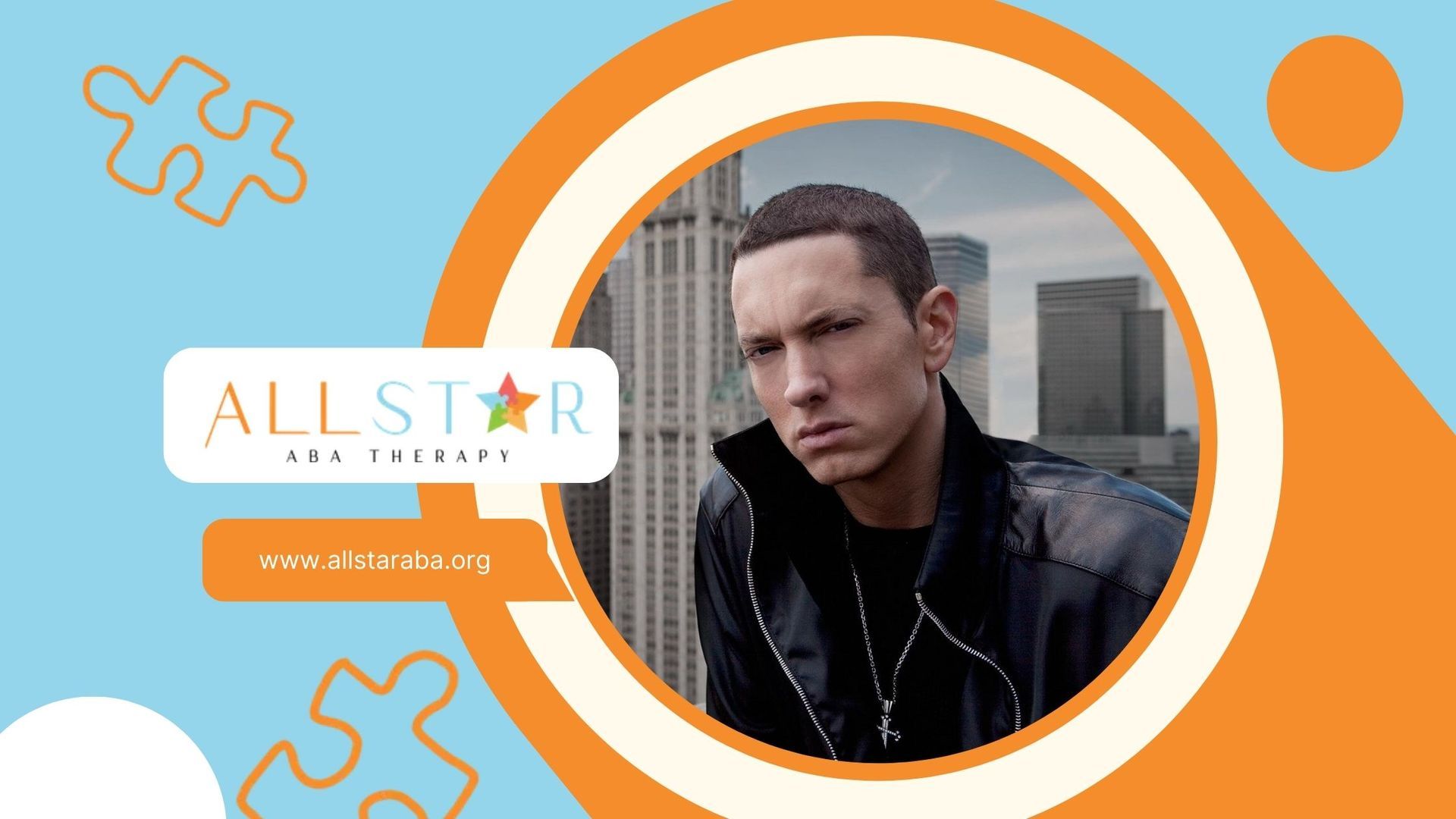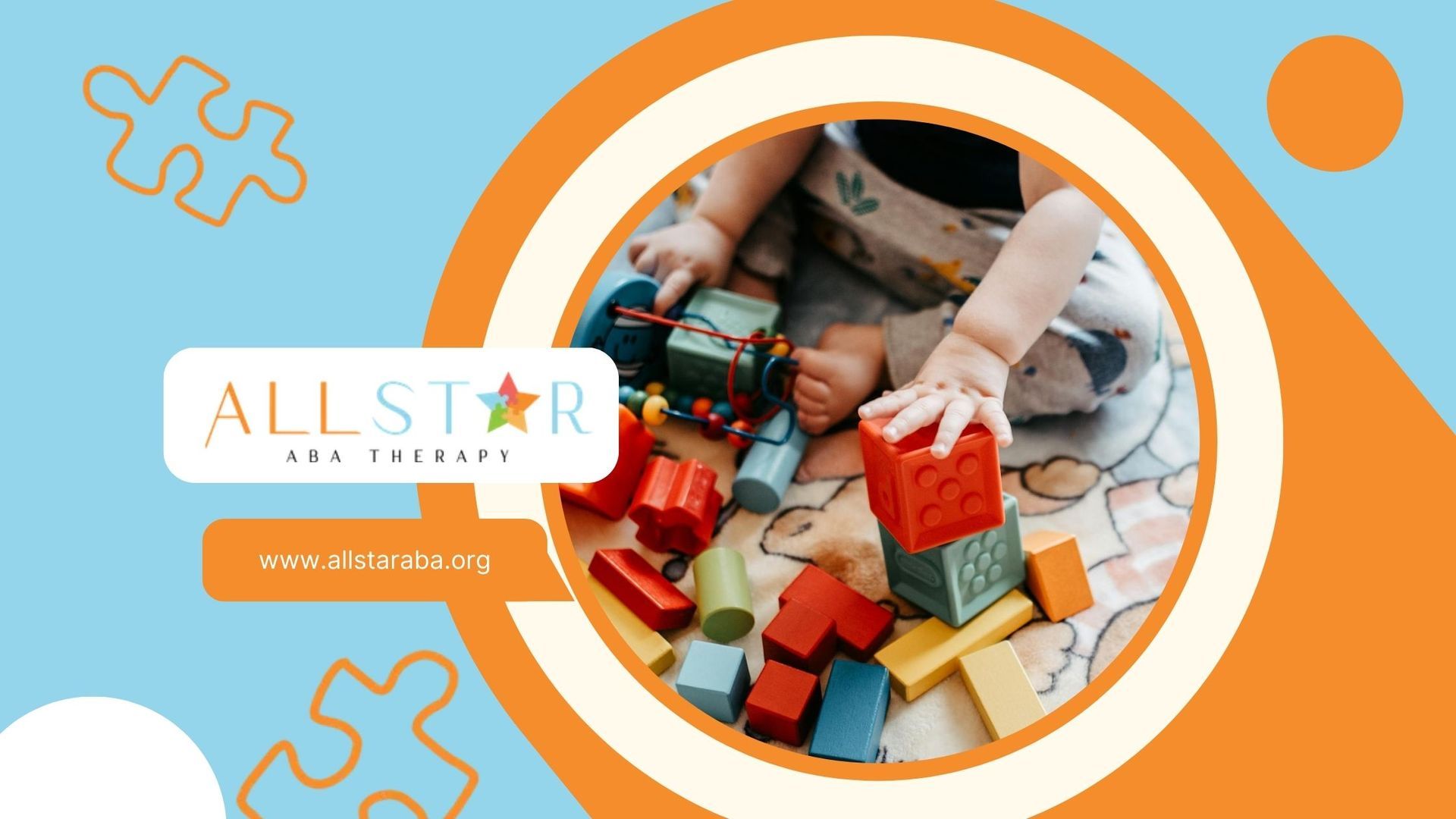New Paragraph
Exploring Common Comorbidities with Autism
Understanding Autism Comorbidity
Overview of Comorbidities
Autism Spectrum Disorder (ASD) is like a mixed bag of traits, with each person showing different signs and symptoms. This variety is why we often call it autism spectrum disorders (ASDs). Many folks with ASDs have other health issues that can mess with their growth and behavior. These extra conditions, known as comorbidities, sometimes fly under the radar, making life tougher for those with ASD.
Comorbidities are like unwanted guests that tag along with ASD. They can be physical, neurological, genetic, or psychiatric. Studies show that 74% of people with ASD have at least one of these tag-along conditions, and they usually have more of them than their siblings without ASD. Spotting and dealing with these comorbidities early can make a big difference, helping folks with ASD and their families live better lives.
Impact on Development
When comorbidities crash the party, they can really shake things up for someone with ASD. These extra conditions can make the main symptoms of autism, like trouble with socializing and repetitive actions, even harder to handle. Take epilepsy, for instance—it's a common sidekick to ASD and can lead to more cognitive and behavioral hiccups. If you're curious about this, check out our article on autism and epilepsy comorbidity.
The financial hit from ASD and its comorbidities is no joke. The lifetime cost can reach up to $2.4 million per person, with the U.S. spending $66 billion a year for kids with ASD and $175 billion for adults. These numbers show how ASD affects not just individuals but society as a whole.
Comorbidity Prevalence in ASD
ASD diagnoses have been on the rise, with the CDC saying that 1 in 68 kids in the U.S. have ASD. This increase has sparked more research, showing that people are paying attention and looking for ways to help.
Even though we've learned a lot about ASD, there's still a big gap in treatments that tackle the main symptoms. Psychopharmacological treatments haven't been a home run, with only two FDA-approved meds for irritability. This highlights the struggle to find new treatments that really work.
Getting a handle on the common comorbidities with autism is key to helping folks with ASD live their best lives. By understanding how these extra conditions affect them, parents, caregivers, and professionals can offer better support. For more on specific comorbidities, check out our articles on autism and ADHD comorbidity and autism and intellectual disability comorbidity.
Common Comorbidities with Autism
Folks with Autism Spectrum Disorder (ASD) often deal with a bunch of other health issues that can mess with their day-to-day life. Knowing about these common tag-along conditions is super important for parents, caregivers, and anyone working with people on the spectrum.
Anxiety and Autism
Anxiety is like the annoying sidekick that often tags along with autism. A whopping 84% of people with autism might wrestle with different types of anxiety, like generalized anxiety, separation anxiety, social anxiety, phobias, and obsessive-compulsive disorder.
Anxiety can really throw a wrench in the works when it comes to daily life and feeling good.
Anxiety Prevalence in Autism
Depression and Autism
Depression is another frequent flyer in the autism world. Around 26% of folks with autism deal with depression, which is way higher than the 7% in the general population. Depression can show up as feeling down, losing interest in stuff, and changes in sleep and appetite.
Epilepsy and Autism
Epilepsy is a brain condition that affects up to 35% of people with autism, compared to just 1% of everyone else. Seizures can be all over the place in terms of how often and how bad they are, and dealing with epilepsy usually needs a solid treatment plan.
Gastrointestinal Issues and Autism
Gut problems are pretty common among people with autism. These can include things like chronic constipation, diarrhea, tummy aches, and acid reflux. GI issues can make behavior challenges worse and affect overall health.
Sleep Disorders and Autism
Sleep problems are a big deal for kids with autism, with 50% to 80% having trouble sleeping, like not being able to fall asleep, waking up at night, waking up too early, and just not sleeping well. Bad sleep can mess with how they act during the day and how their brain works.
Psychiatric Diagnoses and Autism
A huge 85% of kids with autism also have some kind of psychiatric diagnosis, and 35% are on at least one psychotropic medication. Common psychiatric buddies include ADHD, anxiety, and depression. For more details, check out our article on autism and OCD comorbidity.
Getting a handle on these common comorbidities is key to giving the best care and support to people with autism. By tackling these issues, caregivers and professionals can help boost the quality of life for those with ASD.
Neurological Disorders in Autism
Folks with Autism Spectrum Disorder (ASD) often deal with a mix of neurological issues. Getting a grip on these can really help in supporting and managing autism better.
Epilepsy and Autism
Epilepsy pops up a lot in people with autism. We're talking about
25% to 40% of them, which is way more than the 1% in the general crowd. Kids with ASD are more likely to get epilepsy if they have intellectual disabilities or are girls.
| Group | Epilepsy Rate |
|---|---|
| General Folks | 1% |
| People with Autism | 25% - 40% |
Macrocephaly and Autism
Macrocephaly, or having a big ol' head, is another thing seen in autism. You can spot it by keeping an eye on head size as kids grow. It might mean a higher chance of other brain-related issues and developmental hiccups.
Hydrocephalus and Autism
Hydrocephalus, where fluid builds up in the brain, can also show up in folks with autism. This can crank up the pressure in the skull and might need surgery to sort out. Catching it early and getting it treated is key to dodging more problems.
Cerebral Palsy and Autism
Cerebral palsy, which messes with movement and muscle control, is another thing that can tag along with autism. It can make handling autism trickier since it might need extra therapy to tackle movement issues.
Migraine/Headaches and Autism
Migraines and headaches are pretty common in people with autism. They can really mess with daily life and might need special plans to handle the pain and cut down on how often they happen. Figuring out what sets them off and taking steps to prevent them can make a big difference.
Genetic Disorders in Autism
Genetic disorders often tag along with autism spectrum disorder (ASD), making life a bit more complex for those affected. Getting a grip on these tagalongs can really help in supporting folks with autism. Let's take a look at some of the genetic disorders that like to hang out with autism.
Fragile X Syndrome
Fragile X syndrome is like the troublemaker of the genetic world, causing intellectual hiccups, behavioral quirks, and learning hurdles. It's the top single-gene culprit behind autism. Around 2%-3% of kids with ASD have Fragile X syndrome, and about 25%-33% of those with Fragile X also have ASD.
| Condition | Prevalence in ASD |
|---|---|
| Fragile X Syndrome | 2%-3% |
Down Syndrome
Down syndrome is what happens when chromosome 21 decides to crash the party uninvited. It brings along intellectual challenges, unique facial features, and developmental delays. Kids with Down syndrome have a higher chance of having autism compared to others. When Down syndrome and autism team up, it can make communication and behavior a bit tricky.
Duchenne Muscular Dystrophy
Duchenne muscular dystrophy (DMD) is all about muscles going on strike, leading to weakness and degeneration. It's mostly a boys' club, thanks to mutations in the DMD gene. While DMD isn't a regular autism buddy, some folks with DMD might also have ASD. This combo can make managing both conditions a bit of a juggling act.
Neurofibromatosis Type I
Neurofibromatosis type I (NF1) is like a party crasher that brings tumors to the nerve tissue bash. It can mess with the brain, spinal cord, nerves, and skin. Kids with NF1 have a higher chance of developing autism. When NF1 and ASD join forces, it can throw extra challenges into the mix, especially in cognitive and social development.
Tuberous Sclerosis Complex
Tuberous sclerosis complex (TSC) is all about non-cancerous tumors popping up in the brain and other vital organs, thanks to mutations in the TSC1 or TSC2 genes. TSC and autism are pretty tight, with a good chunk of folks with TSC also having ASD. This duo can lead to a variety of developmental and behavioral issues.
| Genetic Disorder | Association with ASD |
|---|---|
| Fragile X Syndrome | 25%-33% |
| Down Syndrome | Increased risk |
| Duchenne Muscular Dystrophy | Some evidence |
| Neurofibromatosis Type I | Increased risk |
| Tuberous Sclerosis Complex | Significant percentage |
Getting a handle on how these genetic disorders and autism play together is key to offering the right care and support.
Behavioral and Psychiatric Comorbidities
Folks with Autism Spectrum Disorder (ASD) often deal with a bunch of other behavioral and psychiatric issues. These extra challenges can really mess with their day-to-day life and how autism is managed. Let's take a look at some of the usual suspects when it comes to these additional hurdles.
ADHD and Autism
Attention Deficit Hyperactivity Disorder (ADHD) is a frequent flyer in the world of autism. According to Nature, over a third of kids with ASD (35.3%) also get tagged with ADHD. The symptoms—like not paying attention, being super hyper, and acting on impulse—can make life even trickier for those with autism.
Learning Disabilities
Learning disabilities pop up a lot in those with autism, too. About 23.5% of kids with ASD have some kind of learning hiccup. These can mess with reading, writing, and math skills, so it's key for teachers and parents to step up with the right kind of help.
Intellectual Disabilities
Around 21.7% of children with ASD also have intellectual disabilities. These can range from mild to pretty severe, affecting how they think, adapt, and handle daily stuff. Knowing how autism and intellectual disabilities mix is crucial for coming up with good intervention plans.
Anxiety Disorders
Anxiety is a big player in the autism scene. More than half of those with ASD have some kind of anxiety issue. This can show up as general anxiety, social jitters, or specific fears. Tackling anxiety is a must for boosting the overall happiness of folks with autism.
Externalizing Disorders
Externalizing disorders, like oppositional defiant disorder (ODD) and conduct disorder, are also in the mix for those with ASD. These involve acting out, like being aggressive, defiant, or breaking rules. According to NCBI, these behaviors are part of the complex picture of autism.
| Comorbidity | Prevalence in ASD (%) |
|---|---|
| ADHD | 35.3 |
| Learning Disabilities | 23.5 |
| Intellectual Disabilities | 21.7 |
| Anxiety Disorders | 50+ |
| Externalizing Disorders | Not specified |
Getting a handle on these common comorbidities is key for parents, teachers, and healthcare pros. By spotting and dealing with these issues, they can offer better support and interventions for those with ASD.
Environmental and Perinatal Exposures
Environmental and perinatal exposures can have a big impact on the development of autism and its sidekicks. Getting a handle on these factors can really help with early intervention and managing autism spectrum disorder (ASD).
Preterm Birth
Being born early, before 37 weeks, is linked to a higher chance of autism and its buddies. Kids who arrive ahead of schedule often face developmental hiccups and brain-related issues. A study in Nature shows that preterm birth is tied to more health problems in folks with ASD, hinting at some shared effects on both ASD and its tagalongs.
Hypoxia at Birth
Not getting enough oxygen during birth, known as hypoxia, is another big risk for autism and its pals. This lack of oxygen can mess with the brain and lead to developmental troubles, possibly sparking ASD. That same Nature study found that birth hypoxia is linked to more health issues in people with ASD.
Fetal Alcohol Syndrome
Fetal Alcohol Syndrome (FAS) comes from drinking during pregnancy and shows up as growth problems, facial quirks, and brain issues. Kids with FAS are more likely to have autism and its side effects. The Nature study points out that FAS is tied to more health problems in those with ASD, suggesting that prenatal alcohol exposure might have shared effects on both ASD and its sidekicks.
Intraventricular Hemorrhage
Intraventricular hemorrhage (IVH) is bleeding in the brain's ventricle system, often seen in preemies. IVH can cause serious brain damage and developmental delays. Kids with ASD have more IVH than their non-ASD siblings. This might explain why certain health issues are more common in folks with ASD.
Traumatic Brain Injury
Getting a knock on the head during childhood can mess with thinking and behavior for a long time. Kids with ASD are more likely to get a traumatic brain injury (TBI) than other kids. This might partly explain why certain health issues are more common in this group.
| Exposure | Link to ASD Health Issues |
|---|---|
| Preterm Birth | More developmental and brain-related problems |
| Hypoxia at Birth | Higher risk of brain damage and developmental troubles |
| Fetal Alcohol Syndrome | Growth issues, facial quirks, brain dysfunction |
| Intraventricular Hemorrhage | More brain damage and developmental delays |
| Traumatic Brain Injury | Long-term effects on thinking and behavior |
Grasping how these environmental and perinatal exposures affect things can help spot and manage autism and its sidekicks early on.
SOURCES:
https://pmc.ncbi.nlm.nih.gov/articles/PMC5084236/
https://www.nature.com/articles/s41398-023-02374-w
https://pmc.ncbi.nlm.nih.gov/articles/PMC4163956/
https://autism.org/comorbidities-of-autism/
https://www.chop.edu/news/autism-s-clinical-companions-frequent-comorbidities-asd
https://pmc.ncbi.nlm.nih.gov/articles/PMC8085719/
Need Support?
We're Here to Help!
Our experienced team is ready to assist you. Reach out today to discuss how we can support your child's development and well-being.
Get started with expert ABA therapy today.
Related posts

All Star ABA delivers the gold standard of care, Applied Behavioral Analysis (ABA) therapy, for individuals diagnosed with ASD, from infancy to age 21.
Quick Links
All Rights Reserved | All Star ABA







